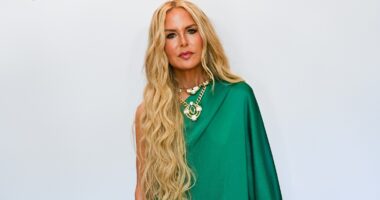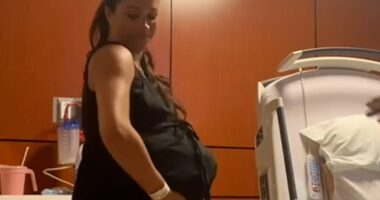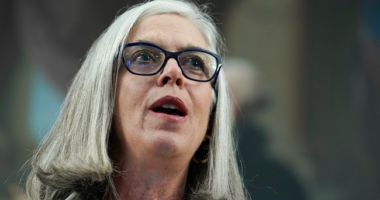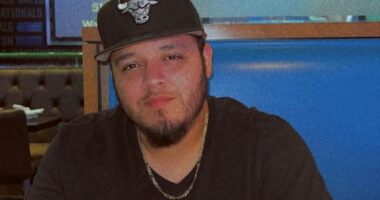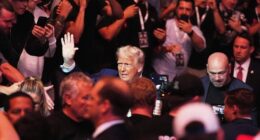NEW YORK — Harvey Weinstein’s rape retrial will have opening statements commence on Wednesday with a mostly female jury in charge of deciding the important #MeToo case.
Following several days of jury selection, a panel consisting of seven women, five men, and five additional jurors as reserves was finalized on Monday. The sixth and final alternate juror was selected by the prosecution and Weinstein’s defense team on Tuesday, ready to step in if needed.
Compared to the previous trial where the jury was composed of five women and seven men, this main jury has a higher proportion of females. The original trial’s verdict, five years ago, was seen as a significant moment for the #MeToo movement following a series of allegations in 2017 against Weinstein, a prominent movie producer known for films like “Pulp Fiction” and “Shakespeare in Love.”
But in a reversal that dismayed #MeToo activists, New York’s highest court last year overturned Weinstein’s 2020 conviction and 23-year prison sentence. The court found that the original trial judge allowed prejudicial testimony. That judge’s term expired in 2022, and he is no longer on the bench.
Weinstein, 73, has pleaded not guilty and denies raping or sexually assaulting anyone.
Drawn from Manhattan’s jury pool, the 12 members of the main jury for the New York retrial include a physics researcher, a photographer, a dietitian, a therapist, an investment bank software engineer and a fire safety director. Others have experience in real estate, TV commercials, debt collection, social work and other fields.
One has a high school equivalency degree. Others have master’s degrees. Some have served as jurors or grand jurors multiple times before; others, never.
Hundreds of other potential jurors were excused for reasons ranging from language barriers to strong opinions about Weinstein – “the first word that came in my head was ‘pig,'” said one man who was soon let go.
Those chosen were quizzed about their backgrounds, life experiences and various other points that could relate to their ability to be fair and impartial about the highly publicized case.
“You may hear sexual allegations here of a salacious nature – graphic, perhaps. Would hearing that indicate that … Mr. Weinstein must be guilty?” defense attorney Mike Cibella asked one prospective juror on Monday. The woman, who ultimately was chosen, answered no.
Prosecutor Shannon Lucey sought assurances that prospective jurors could put aside any position or feelings they had about the #MeToo movement.
“Is there anyone who is going to think of the movement and think, ‘OK, that’s just something that I have to keep in the back of my mind when I’m deciding this case’? Everyone can put that aside?” Lucey asked a group of 24 possible jurors. All indicated they could do so.
Weinstein’s rape and sexual assault retrial involves accusations from three women: an aspiring actor who said he raped her in 2013, and two women who made separate allegations of forced oral sex in 2006. One of the two wasn’t part of the original trial.
Meanwhile, Weinstein is challenging a separate 2022 rape conviction in Los Angeles.
Copyright © 2025 by The Associated Press. All Rights Reserved.




